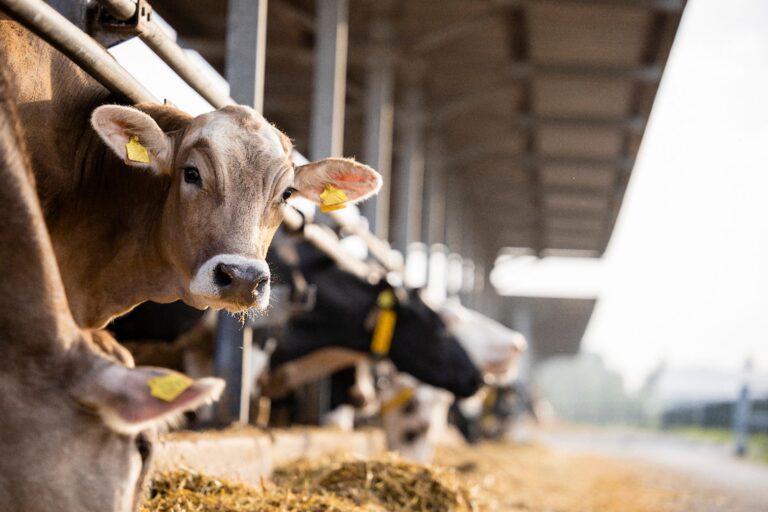In some ways, humans and canines share several similarities when it comes to nutritional requirements. Like us, canines require diets that include the right amount of protein, carbohydrates, fats, vitamins, and minerals. Furthermore, they also share our need to have unlimited supplies of clean water to keep the body functioning efficiently.
Another nutritional issue which canines and humans share is the importance of being fed according to age, size, breed and lifestyle. For instance, a working dog on a farm will have contrasting nutritional requirements to a spoilt Chihuahua that lives in a celebrity’s handbag. Similarly, a pregnant bitch will require a completely different diet to a male of the same size as her puppies will need a higher amount of nutrients to develop properly.
Of course, there are many different types of food available for dogs on today’s market. The sheer choice makes it possible for responsible owners to find foods that can provide a well-balanced diet for their canine, regardless of its age, size, breed or lifestyle. In general, canine foods are available in three different forms: canned foods, semi-moist foods and dry foods. A selection or combination of these foods will normally be more than enough to meet most canines’ nutritional requirements.
However, one very important nutritional aspect which all responsible pet owners need to be aware of is that of over-feeding. Although owners may believe that a few extra-large portions or additional biscuit treats are quite harmless, they can actually turn out to be quite the opposite. In fact, giving a canine more food than his body requires can actually be very harmful as it will inevitably encourage obesity and eventually pave the way for debilitating illnesses such as diabetes to develop.
And this is one nutritional area which canines really shouldn’t share with humans.


